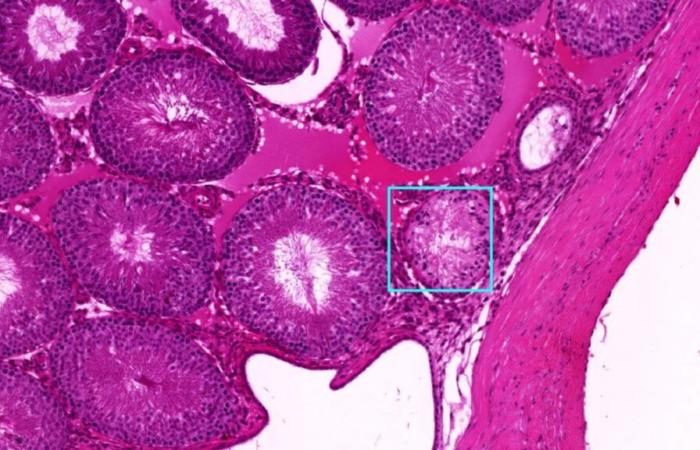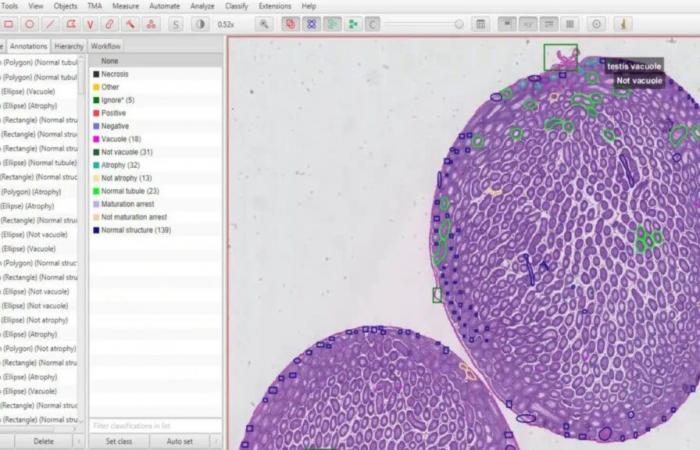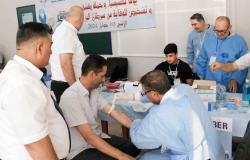By analyzing images obtained from a biopsy, this experimental program identifies the presence of certain diseases in minutes instead of several hours.
This is what artificial intelligence should be primarily used for. In a study published in November 2024, researchers from the University of Washington show how their model, based on deep learning, considerably accelerates medical diagnosis of serious illnesses.
This artificial intelligence (AI) not only obtains correct results, but it also works faster than any previous model of the same type. “ I believe we now have a way to identify diseases and tissues that is faster and more accurate than humans », rejoice the authors of this work.
« It could revolutionize this type of medicine »
Concretely, this model makes it possible to analyze images of the body obtained after a biopsy, which consists of taking a very small sample of an organ. This is how the AI was trained: with hundreds of images from previous epigenetic studies carried out by this same team, which contained already identified signs of diseases in the tissues of the kidneys, testicles and ovaries of rats and mice. The researchers also added, in the training process, gigapixel images (very high definition for great precision) of signs of breast cancer and metastases.
The results were so conclusive that the AI detected cancerous tissues in just a few minutes, whereas it takes humans several hours, the use of microscopes and mutual validation between specialists. The AI was even able to provide a diagnosis when human teams kicked into touch. Of course, a diagnosis is not just a result and the role of the doctor remains essential in its interpretation; but the time saved for patient care could be colossal.
« This AI-based deep learning program was very, very accurate in examining these tissues », Indicates Michael Skinner, biologist and co-author of this work. “ It could revolutionize this type of medicine, both for animals and humans, by facilitating this type of analysis “. Such a model could be applied to any disease for which there is a sufficient database to feed an AI. According to the authors, this would be particularly useful for genetic diseases.










